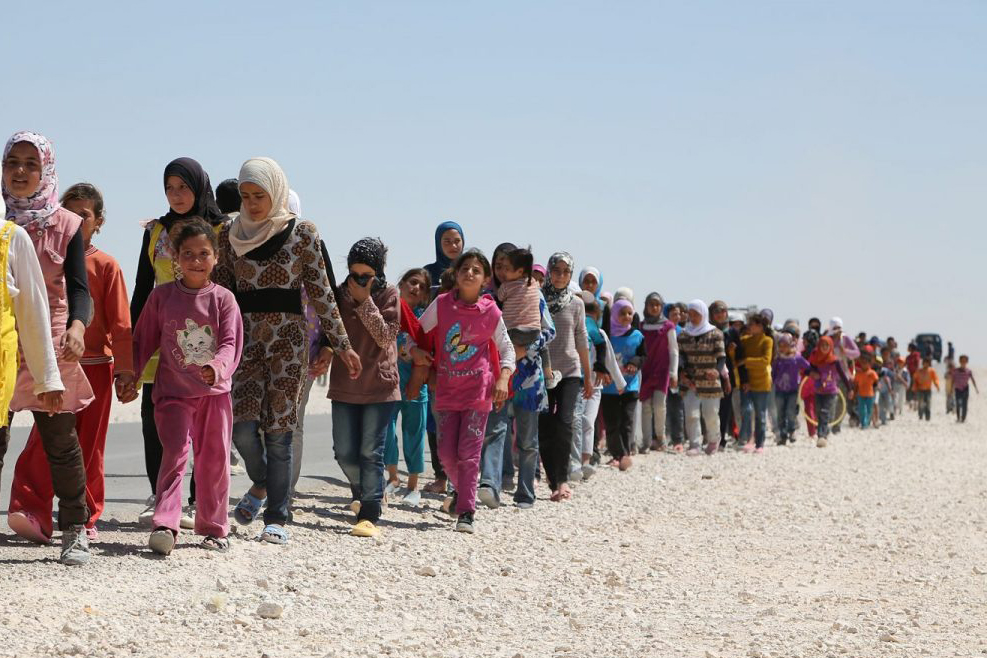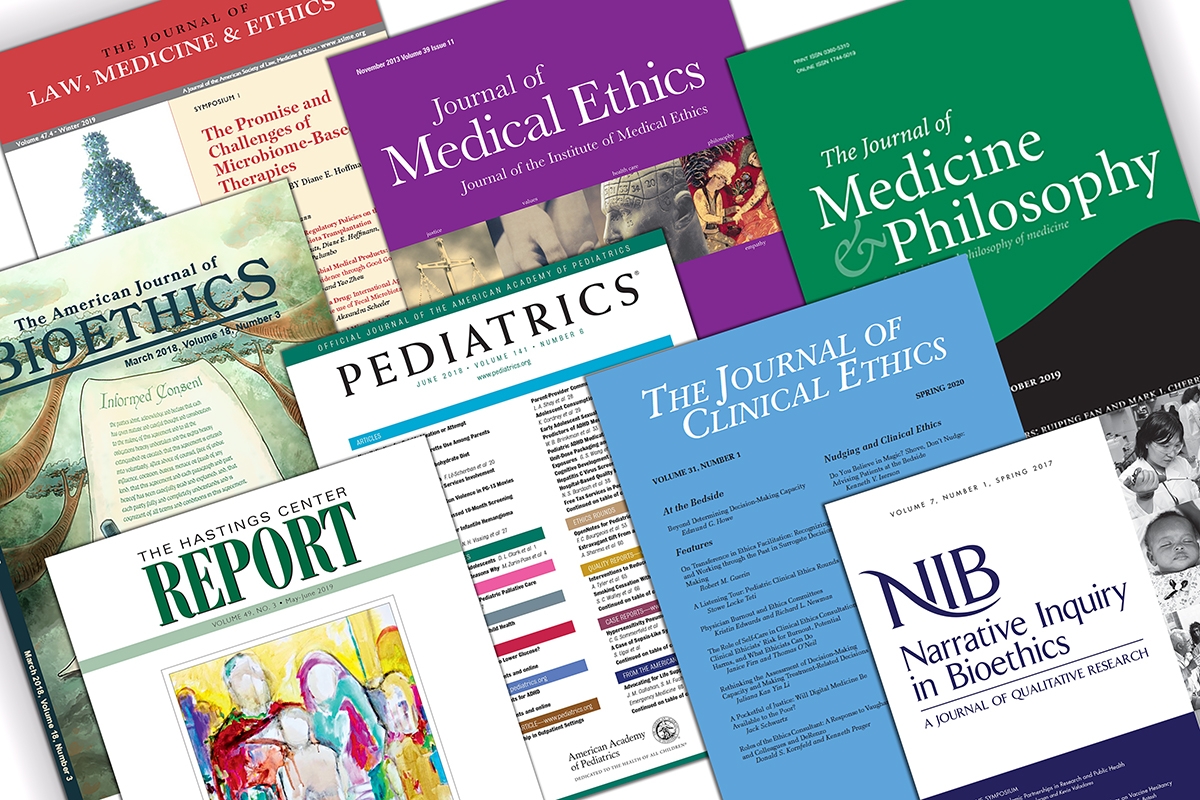



Offering sanctuary to those fleeing war is a pressing human rights issues in the world today. Globally, there are currently 25.4 million people forced to leave their home to seek safety. Half of these people are children. Despite these staggering statistics, governments seem to have ignored their duty of care to children.

This article highlights the importance of psychological and medical evaluations for asylum seekers in the United States, and identifies physicians and other healthcare professionals as uniquely situated for this work. This paper outlines the benefits and drawbacks to such evaluations and addresses their utility in immigration law, ultimately calling for increased clinician involvement in pro bono evaluations.

In recent years, the unique role of medical professionals in the asylum adjudication process has been thrown into sharp relief as asylum applications surge, with over one million pending cases backlogged in the U.S. asylum system as of August 2019. Medical evaluations dramatically increase the likelihood of an individual obtaining asylum. The author examines the role medical trainees play in this process.

How did we get here? Mara, now nearly 17-years-old, was born with a neurogenic bladder. Up until two years ago, she was a model patient. No one worried about her adherence with self-catheterization or medications. She was optimistic about her future, cared about her health, and we looked forward to her bright and open future. But now Mara says,
“I don’t care.”

Medical futility is often a point of debate in situations of hoping for an unlikely outcome, or a condition with a treatment that necessitates high levels of pain or discomfort. Anencephaly is generally accepted as incompatible with prolonged life, with few infants surviving into the neonatal period. Parents are typically counseled accordingly, resulting in pregnancy termination or comfort care after delivery. This case report examines the ethical considerations involved in the decision to continue life-prolonging treatment of an 8-month-old infant with anencephaly.

Ethiopian physicians, nurses, and midwives routinely encounter cultural challenges created by language barriers, an urban vs rural divide, and differences in education that impact the patient-provider relationship. Despite limitations in personnel and resources, these clinicians have devised approaches to overcome these barriers to best serve their patients.

“Suffering” is a concept that is frequently invoked in discussions about medical decision-making in pediatrics. However, empirical accounts of how the term is used are lacking, creating confusion about the concept and leaving parents and providers unsure about the appropriate ways to account for it in pediatric decision-making. We conducted a qualitative content analysis of pediatric bioethics and clinical literature in selected journals from 2007 to 2017 to determine how authors define and operationalize the term when referring to issues in pediatric treatment.

So why is it that we clinicians are so often uneasy when talking about patient suffering? One simple explanation would be that, in our era of the most extraordinary scientific discoveries, this topic has been neglected because it is so profoundly subjective, impossible to measure, quantify or compare. I propose an additional explanation; entering the world of suffering compels a response that we are not sure we can deliver. Our doubts originate in shortcomings of the health care system itself, neglect by the educational system, and from the burden of our own suffering.

Use of sedation and restraints is sometimes the only means available to stabilize medically fragile eating disorders patients. While minors are not given the option to refuse care that competent adults are, forced tube feeding nonetheless challenges the minor patient’s senses of identity and control. The following case study chronicles the management of an 11-year-old patient transferred from inpatient child psychiatry unit to the adolescent medicine service for nutritional rehabilitation.